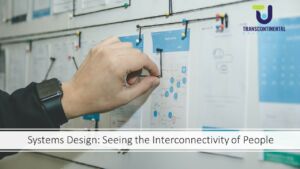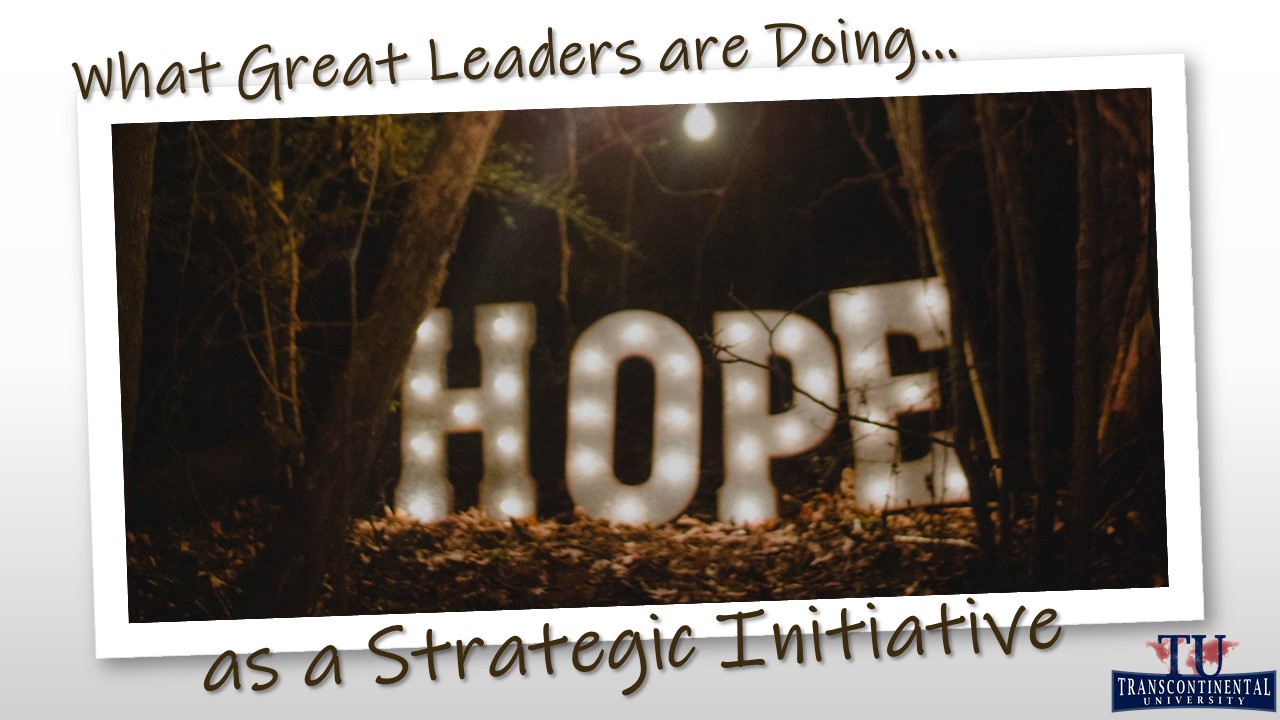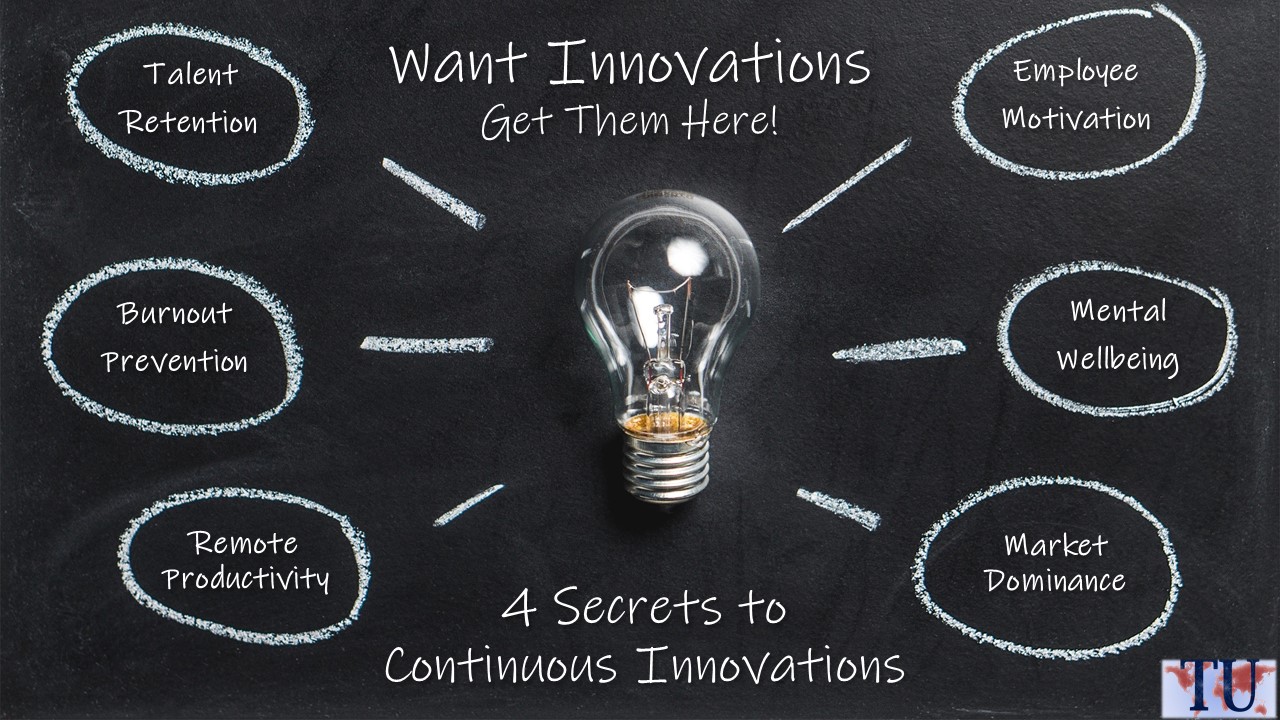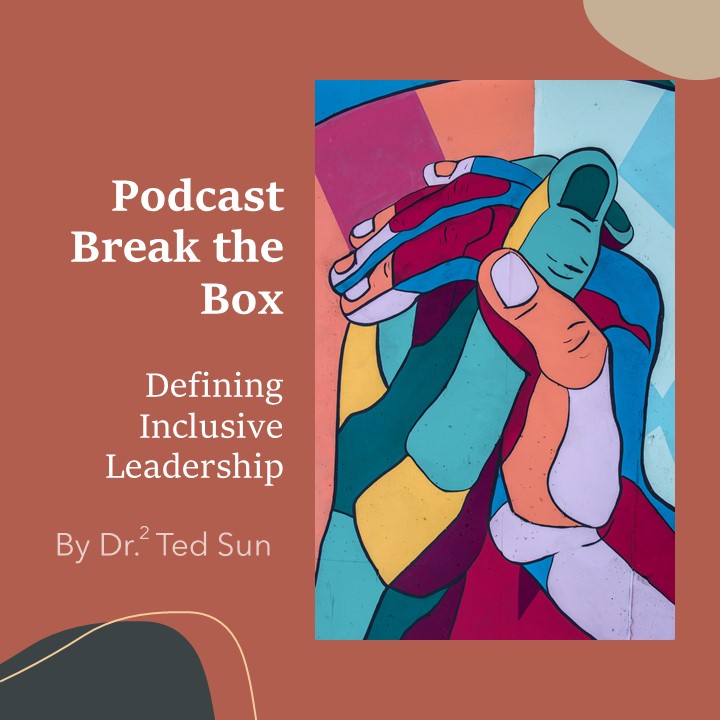Who Wants Loyalty to Money?
Overcoming The On-going Retention Challenge
By Dr. Ted Sun & Cody McMichael

Surprise! A vital employee left your team without much of a notice. As it turns out, this employee went to another organization for a $12,000 increase in annual compensation. Unfortunately, this is happening more and more often where organizational talent leaves for more money. While some organizations blame the departing talent, the toxicity of compensation-based reward system goes much further. Many organizations don’t realize that their existing compensation structure trains people to be loyal to money. It only gets worse in the struggle to find new talent. Organizational leaders often end up having to increase salary ranges to attract highly needed employees, which drives up costs and continues to reinforce employees’ loyalty to money. It becomes a vicious cycle that no one can win. This has to stop.
Problems with Traditional Management Theories
In many conversations with leaders across the world, no one wants to train their employees to be loyal to money. On the surface, we see salary demands increase across the board as inflation hits everyone’s pockets. Worse yet, the commitment to work continues to decrease. Traditional management theories are the primary influences on this reality. One of the basic assumptions in management practice is that employees are without intrinsic value. Work is a mere exchange between one’s time at work and financial compensation. While we have come a long way with numerous ideas about how to lead, most organizational systems fail to integrate those concepts into practice. Compensation structures are typically limited to financial compensation and a suite of benefits. Managers often end up managing their employees’ time input for compensation.
In one manufacturing organization, a few employees see a minor quality problem in the line. They know it will produce a small percentage of flawed items which they’ll have to come back and fix after the customers complain. Being paid for their time, they continue with the production run. This minor quality issue grows exponentially down the production line and becomes costly for the organization, not to mention to loss of trust from the customers. With a focus on time for money, it would only yield more overtime pay when they must come back and fix it. Unfortunately, the lack of care for the quality of work has increased over the last decade. It’s not uncommon to see employees, and even people at the senior management level, not care about the work they perform. It’s not uncommon now to see leaders make multiple commitments about completing a task in a certain time, and then to backout repeatedly. In some cases, it is due to the number of problems that haunt them. But in many, even a 15-minute task commitment gets ignored once work time is finished. Where is the integrity and responsibility in the workplace?
A Systemic View of Employee Retention
Two fundamental issues must be addressed to maximize employee retention. First, leaders need to approach this from a solution orientation, rather than a problem orientation, which is commonly taught in most educational organizations and consulting firms. We’ve gotten used to looking at exit interviews trying to learn how to avoid people leaving, and not enough time is spent on why people stay and continue to be engaged. In a recent analysis of a statement of work by a major consulting company, every aspect of the solution took a problem-based approach. They focused on data from exit interviews, analysis of current culture, and limited interviews with management. In trying to address the retention issue, this firm had no focus on what the ideal culture should look like. Furthermore, the statement of work had no mention of any organizational systems. This brings us to the second fundamental issue of lack of systems thinking.
Consider your workplace as a game that people come to play. Currently, it is often a game of come to work, whether remotely or in person, and get paid for your time. What if you changed the game to be much more interesting? Systems thinking enables leaders to see the various people systems that create the rules of the game. Integrating with solution orientation, why do your top talent stay and continue to be productive and exceed expectations year after year? Decades of research has shown that money is rarely ever the top reason. Looking at the systems that drive how employees perceive their workplace, it will involve several influences such as meaningful work; continued learning and growth; personal achievement; and, more importantly than ever since the pandemic, relationships. Almost every leader would say how important it is to build trust among their team, but how many have regular actions that systemically build trust on a daily or weekly basis? A trust system can build trust no matter who’s in charge, while ensuring it happens consistently across every department. Linear strategies are insufficient to maximize retention. When leaders take a solution orientation approach and implement carefully thought out systems, they can achieve over 90% talent retention, along with many other desired outcomes.
Beyond Generic Engagement Strategies
 Tackling talent retention requires the fundamental skills of solution orientation and systems thinking. It is much more than generic engagement strategies, which often require systems support. For example, if you taught active listening to all of your management, what systems would support the mastery of this skill? How would you know that the prerequisite of this skill exists in the healthy perceptions of team members? Is there a safe learning environment in which to practice? What holds people accountable to applying what they were taught? How is performance management integrated with this new skill, along with emotional pay for the management and their respective teams? These are just some of the questions that challenge leaders to go beyond generic strategies and begin to think at the systemic level.
Tackling talent retention requires the fundamental skills of solution orientation and systems thinking. It is much more than generic engagement strategies, which often require systems support. For example, if you taught active listening to all of your management, what systems would support the mastery of this skill? How would you know that the prerequisite of this skill exists in the healthy perceptions of team members? Is there a safe learning environment in which to practice? What holds people accountable to applying what they were taught? How is performance management integrated with this new skill, along with emotional pay for the management and their respective teams? These are just some of the questions that challenge leaders to go beyond generic strategies and begin to think at the systemic level.
In a time where we feel like we are more connected than ever through all our technologies and social media, we are more disconnected than ever. We no longer have to plan to go to the stores for anything. With a few clicks, individual products show up at our doorstep. Many rely on instant messages for surface level communications. Meaningful conversations that build the depth of respectful and trusting relationships are not as common as they used to be. Being disconnected is costly for any organization. Survival isn’t enough when the market is changing and society is becoming less connected. The workplace has no choice but to build the community to thrive with limited human resources. Especially with larger and more powerful competitors fighting for talent, like Amazon, Facebook, and Intel, strategic leaders need to design and implement people systems that get the best from every employee.
A community that cares with a committed partner
Imagine your workplace having a sense of community. A community of people working together to learn, grow, innovate, and produce something meaningful at the individual employee level as well as the organizational level. This community has an inclusive culture that radiates authentic care at every level. With Transcontinental University’s global expertise and EduSulting approach, your organization can achieve this level of employee engagement. We can develop your leaders to master the necessary skills needed to implement various systems while providing guidance towards seeing the systemic nature of organizational design and strategies. Let’s explore how to move your employees away from being loyal to money and start building a meaningful community that makes work productive and engaging. Email Cody – Cmcmichael@tc-university.org
















